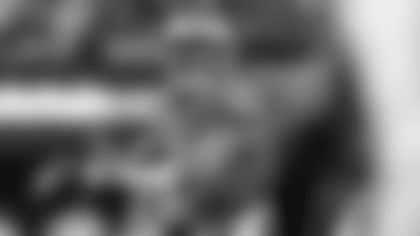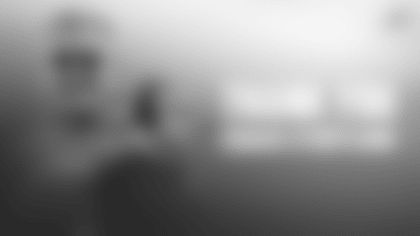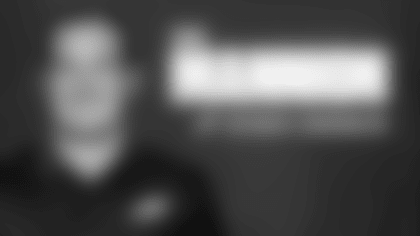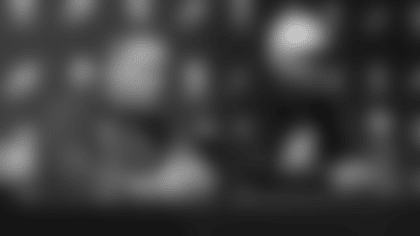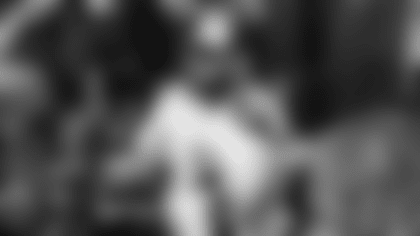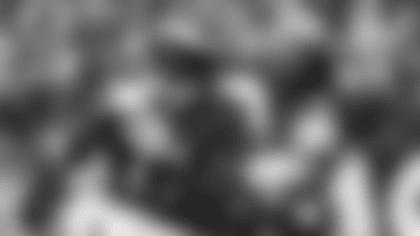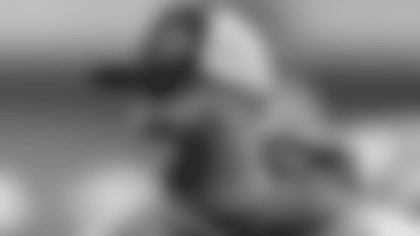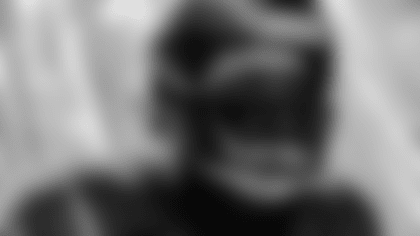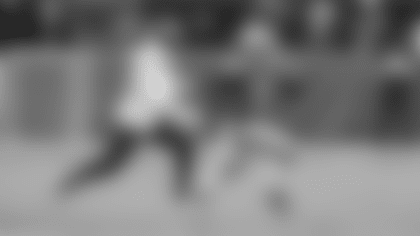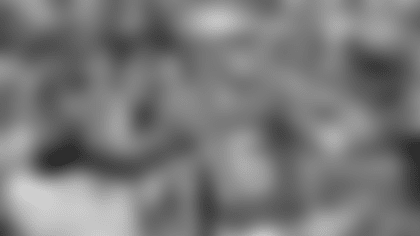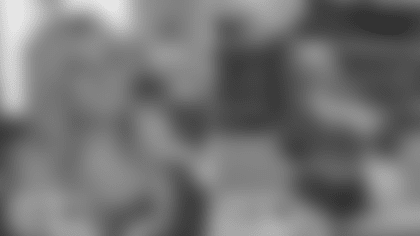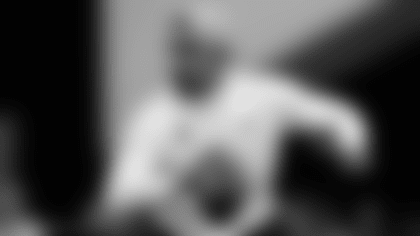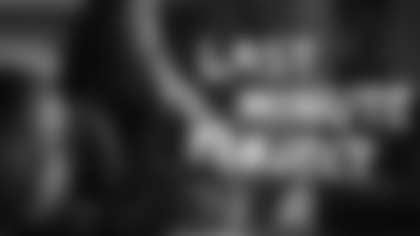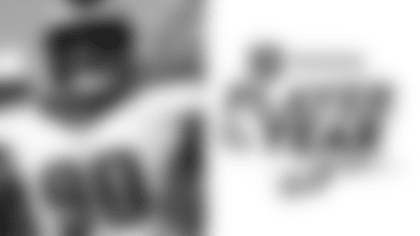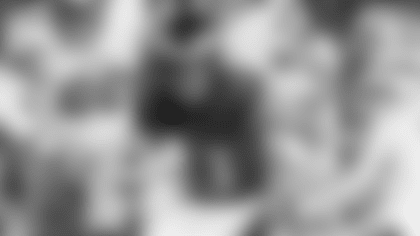This is a conversation that started as a team, with an open-microphone policy, in the wake of the George Floyd killing in Minneapolis on May 25. It continued on Wednesday night in the days after the shooting of Jacob Blake in Kenosha, Wisconsin as Eagles Head Coach Doug Pederson turned the podium over to his locker room for further talk at a team meeting at the NovaCare Complex.
Rodney McLeod was one of the players who took advantage of the opportunity to speak as players in the NBA playoffs staged a walkout and other professional athletes and leagues postponed their games.
"Our brothers and sisters, particularly in the African American community, are being hurt, or being killed, at an alarming rate. Another incident has taken place and now we have to take sports and move it to the side and understand and address the situation at hand," he said.
At that time, the Eagles considered canceling their Thursday practice as nine NFL teams did. Instead, the Eagles practiced on Thursday – a very good practice, by the way – and collectively pledged an "action plan," as McLeod said, with details to be revealed later.
Clearly, this is a group of players and an organization very well aware of the severity of social injustice that wants to do something about it, and not just talk about it.
"The conversations were good. A lot of guys, myself included, have heavy hearts, have heavy hearts and there is a lot of hurt in this world, a lot of evil in this world, and lot of guys showing empathy, a lot of guys personally hurt or affected," Carson Wentz said.
"The open dialogue is healthy … we always talk about a family, we always talk about a brotherhood in the locker room, just establishing that, 'Hey guys, this isn't just about football. This is about off the field. This is about caring for each other's families and friends as true brothers. Not to get into the details of the conversations, but it was good and it's something that's going to be continued and we'll see some things come to light through it hopefully. Just understanding each other's perspectives is a great place to start."
For Wentz, who grew up in North Dakota and was in a high school class with "just a couple black classmates," this entire offseason has been a learning experience, a growing experience, and one in which he has naturally taken a leading role on the team. He was one of the outspoken and passionate players who spoke during a Microsoft Teams virtual meeting in the spring and his education has continued. He can't put himself in the shoes of a Black man. He didn't grow up with racism in his world.
In a short time, Wentz has come a long, long way.
"It's something that was so foreign to me," Wentz said. "This offseason, I took a real look into showing empathy and understanding what has it been like to be a Black man in this world, in this country. Not just in today's world, but going back 400 years to now and how we got to this point. It's been being educated a lot and looking at it through a different lens for me. By no means do I have all answers, but it's been really heavy on my heart and a lot of guys' hearts in this locker room for sure."
The next steps are not decided. As Wentz said, "It's a great question that we're all talking about constantly. I think there are so many layers to the problem in our country, the problem in our world. It's more than just what you see on the news, it's more than just what you see on TV. There are too many evil hearts. There are too many things that are ingrained in our culture … It's hard to really put your finger on, 'This is how you create change.'
"But I do know that we're talking about, 'OK, I know we can't solve all the problems, but where can we really focus our efforts? Is it physically getting out into the community? Is it financially supporting an area? Is it bringing light to a certain topic or a certain issue that needs to have a voice, so to speak?' I can't really put my finger on one thing right now. We have a (Social Justice) Committee Meeting coming up here (Friday) and we're going to talk through a lot of those things."
A team and an organization that prides itself on its place in the community and in the fabric of Philadelphia and the surrounding area, the Eagles are doing some deep thinking here. This is, everyone acknowledges, far more important than what happens on the field of play. And the players know this: The moment they leave the NovaCare Complex or pull out of the parking lot of Lincoln Financial Field and are driving in their cars, they are no different than any other Black men.
They are as vulnerable as everyone else to the hate and brutality that has marred this world.
"When we walk outside these doors without this jersey on," McLeod said to the players on Wednesday night, "without this (NFL) shield, without these cleats, we're seen as the same, the same as a Jacob Blake or a George Floyd when we're in our cars or when we come across a police officer. That fear still exists for us and it's real."
"We just have to know that we've got to have change," Jalen Mills said. "It's going to happen. It's been happening. We've just got to figure out a way to change it. That's the only answer that I have for you."



